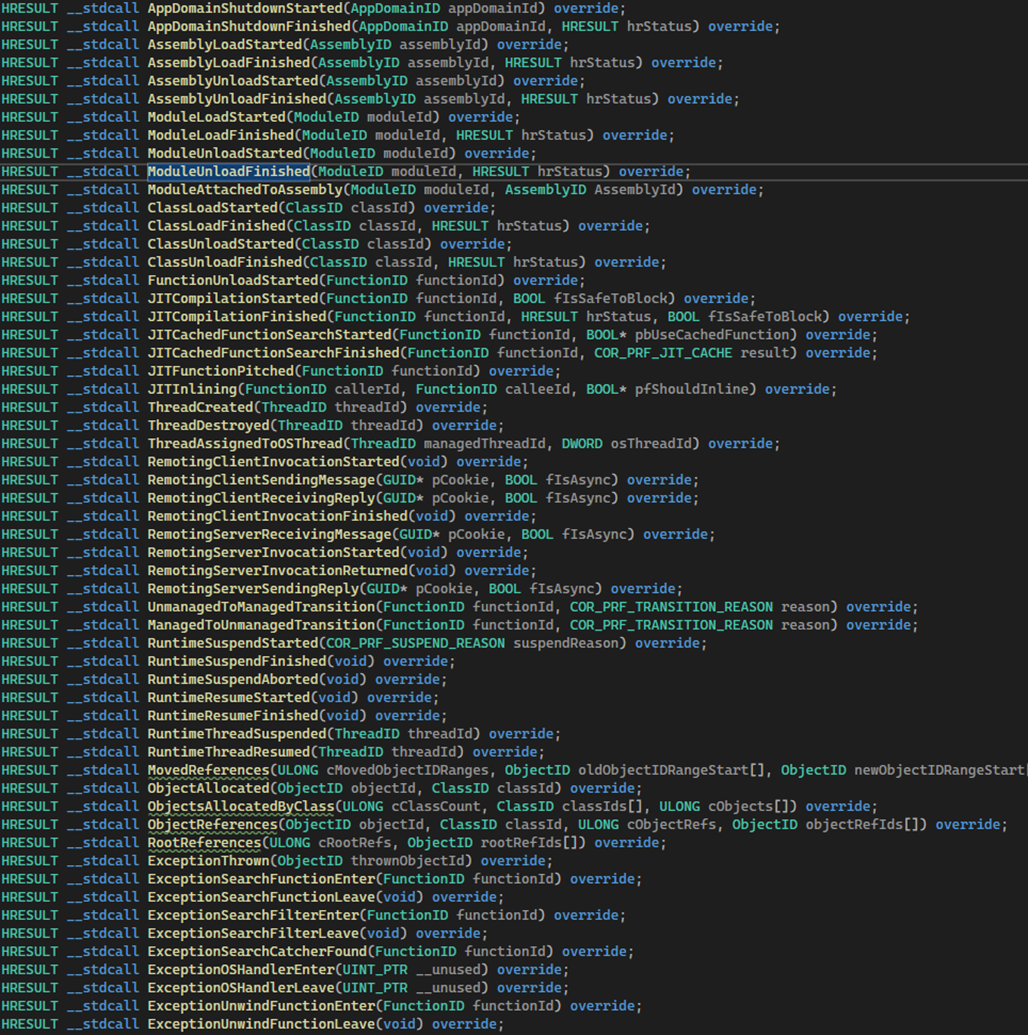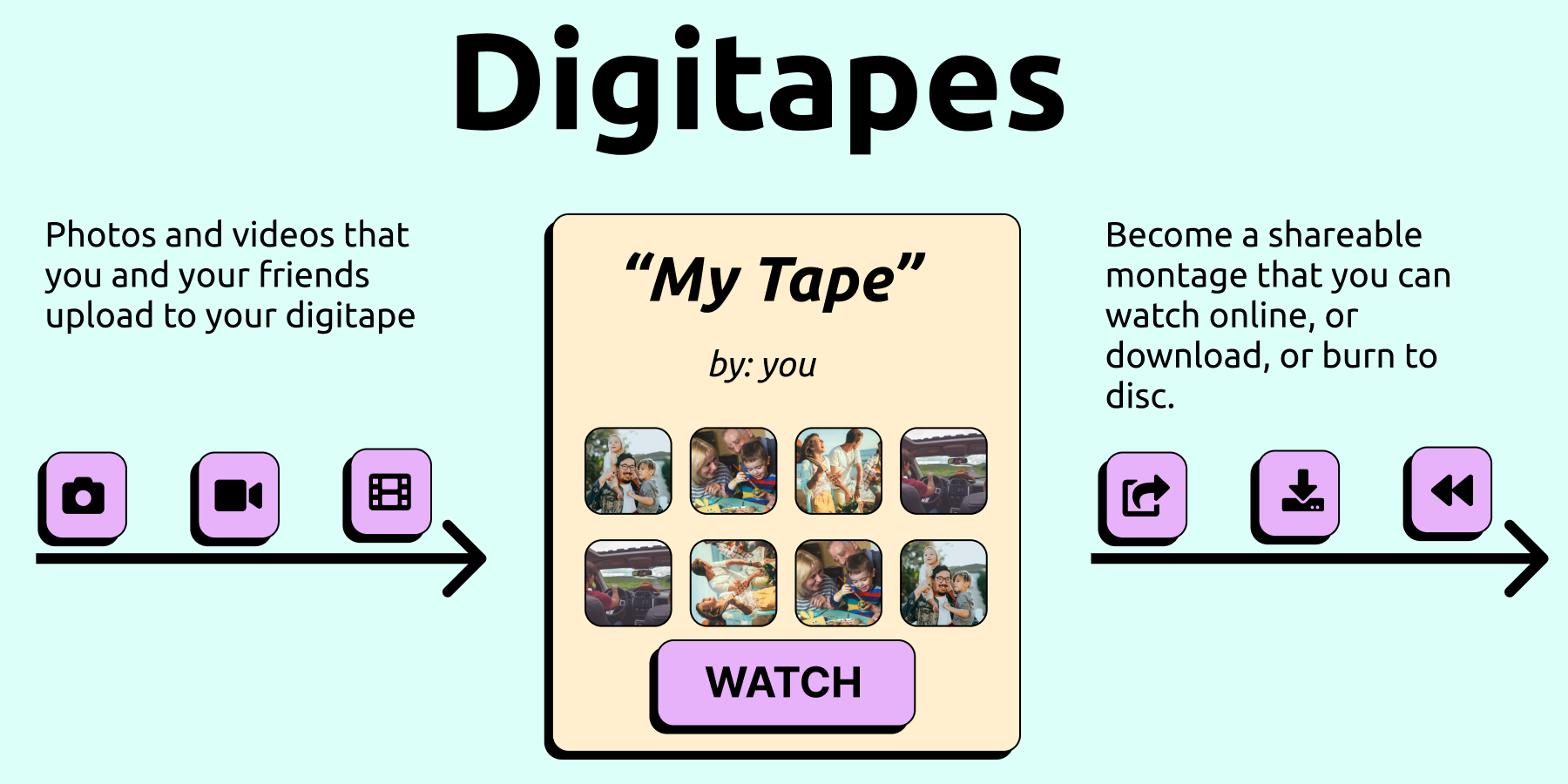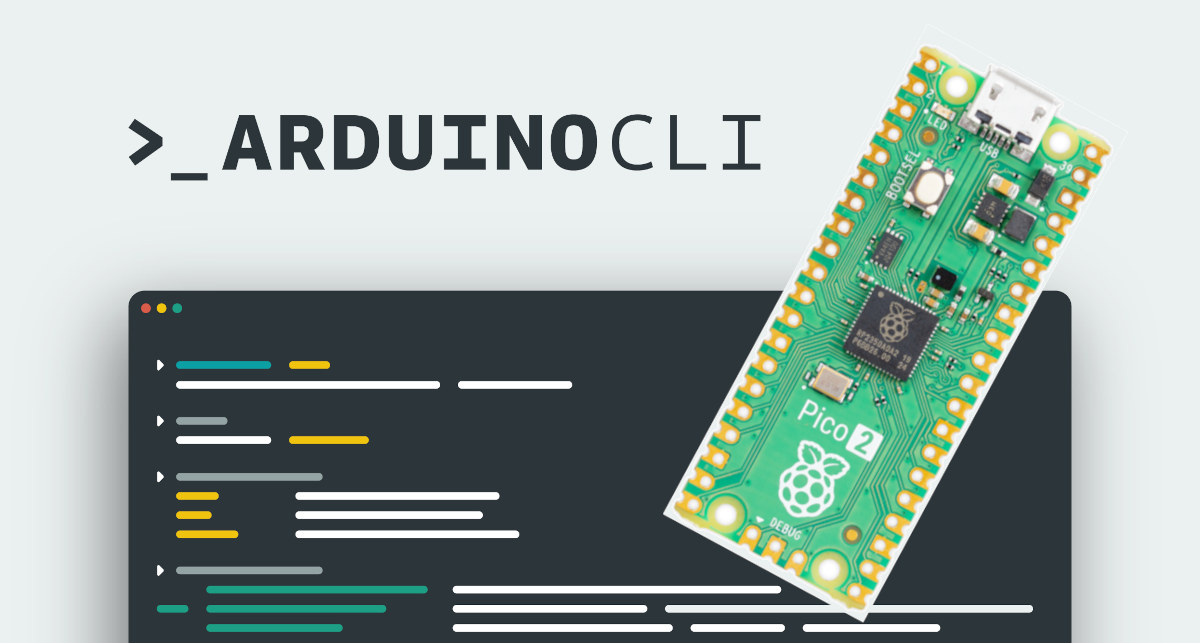
Lateral Movement with the .NET Profiler
I spend a lot of my free time modding Unity games. Since Unity is written in C#, the games are very easy to work with compared to those that compile to unmanaged code. This makes it a perfect hobby project to pick up and set down without getting too sweaty.
As I got deeper into modding C# games, I realized that hooking functions is actually slightly more complicated than it is in unmanaged programs, which is counterintuitive because just about everything else is much, much easier.
With .NET and Mono, it isn’t as simple. .NET assemblies’ functions are made up of a binary instruction set known as the Common Intermediate Language (CIL) that gets just-in-time (JIT) compiled to machine instructions at runtime by the Common Language Runtime (CLR).
The main issue with attempting to hook managed code is that by the time you inject into the process you want to hook a function in, the target function may have already been JIT’ed and if so, the CLR the has cached the x86 instructions that it gets translated into. If you modify the CIL bytecode and the function gets called again, the CLR may just execute the cached x86 instructions that were compiled before your modifications. In addition to this issue, there are myriad little corner cases that make this a big headache. (Although in reality, this is a solved problem. There have been many great solutions and frameworks built to make this easy for developers, such as Harmony and MonoMod, but I was still curious to learn more about it.)


















